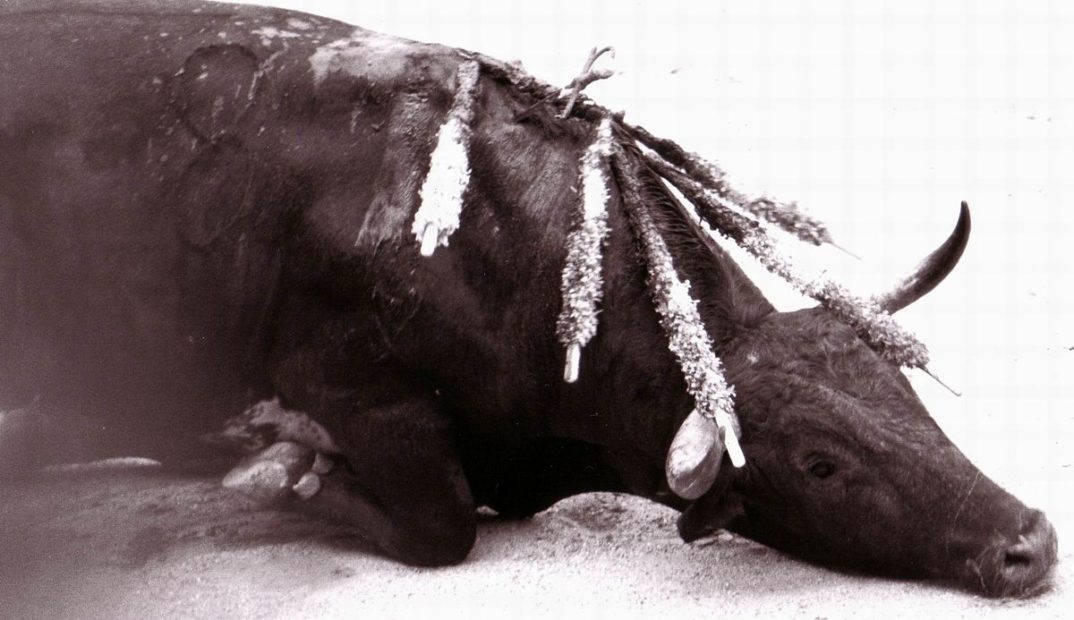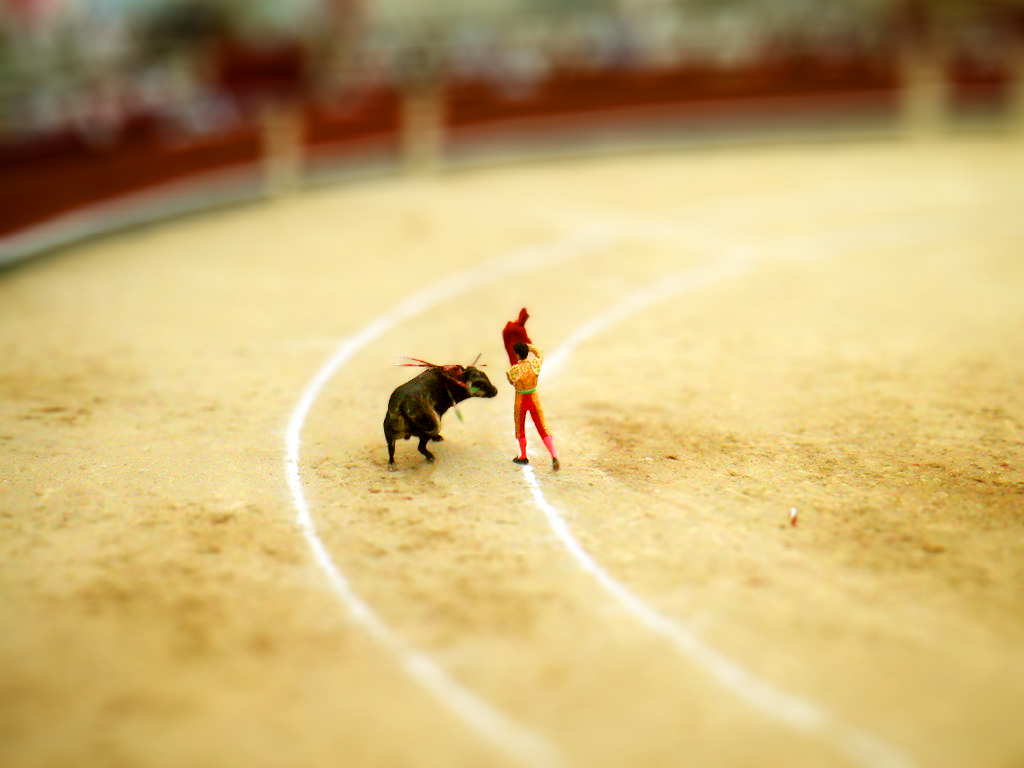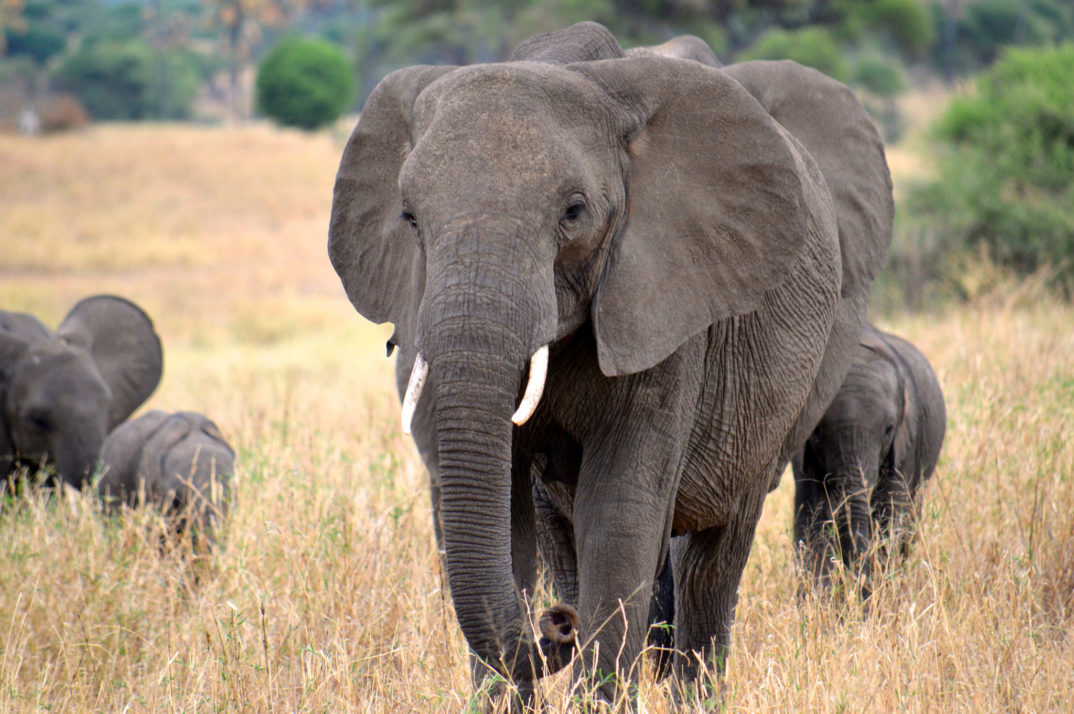Earlier this month, PETA (People for the Ethical Treatment of Animals) accidentally sparked several days worth of jokes on the internet after its social media accounts shared an image recommending that English idioms relying on animal metaphors be retired. Rather than saying that someone is “taking the bull by the horns” when she faces a difficult problem head-on, PETA suggested that we say she is “taking the flower by the thorns;” instead of calling test subjects “guinea pigs,” the posts proposed a metaphor like “test tubes,” and so on.
To PETA, such metaphorical language is another example of the deeply rooted speciesism in Western society; the idea that humans are privileged creatures that deserve special treatment over other creatures simply in virtue of our DNA. Often compared to injustices like racism or sexism, speciesism is an explanatory mechanism undergirding the mistreatment of non-human animals in arenas ranging from industrial farms to domestic homes. When some animal species are eaten or experimented on while others are welcomed as members of the family, it is often nothing more than human perspective that differentiates the animals in question; such a subjective position is not, some argue, altogether different from subjective social preferences that allowed some-but-not-all genders to vote or some-but-not-all races to use the same drinking fountains (abuses that pale in comparison to still-persistent patriarchal norms or the continuing legacy of the African slave trade). In a follow-up tweet, PETA explained that “Just as it became unacceptable to use racist, homophobic, or ableist language, phrases that trivialize cruelty to animals will vanish as more people begin to appreciate animals for who they are and start ‘bringing home the bagels’ instead of the bacon.”
On one hand, the comparison of the current plight of nonhuman animals to the historical sufferings of marginalized groups threatens to trivialize the victories won by reformers in the Civil Rights movement or in the post-Stonewall era. Certainly, it is difficult to compare, say, pre-suffrage women to present-day factory farmed pigs without risking insulting confusion at exactly what the comparison is supposed to be. Moreover, such analogies risk implying that the mission to promote equality amongst groups with variable sexual orientations, genders, races, or other factors has been fully accomplished (as if “that’s taken care of, so now we can move on to the animal issue”) – clearly, any hints of such a notion are false.
On the other hand, some might retort that it is precisely this attitude that balks at human-animal comparisons that PETA and other groups seek to alter; if we immediately write off animal concerns as unimportant or such comparisons as impossible because “humans are not animals,” then we unavoidably reaffirm the very undercurrents of speciesism that PETA’s original post was trying to highlight. It is true that the language we use matters when shaping public perception of a topic; consider, for example, an idiom drenched in racist connotations, such as the one used recently by Agriculture Secretary Sonny Purdue to some outcry. The power of diction to affect the discourse remains true, even if the subjects used as objects in such language cannot understand the words in question.
Of course, a common sticking point in this conversation is the role of PETA itself. Much of the criticism the organization fielded in response to its graphic revolved not around metaphoric language per se, but on PETA’s own draconian policies on euthanasia or other seemingly-inconsistent positions on animal death that the animal-rights organization appears to hold. For many, PETA’s claimed position of moral superiority is undeserved in the face of widespread evidence that they support the execution of animals for any reason; for its part, PETA argues that its policies are targeted only to preventing undue suffering (although, admittedly, it is hard to see how this actually plays out on the ground).
Nevertheless, this short episode can serve as a useful example of some ethical implications for our word choices when framing conversations about larger ethical issues. And when it comes to animal rights, whether we’re beating a dead one or feeding a fed one, this horse should be considered carefully when going forward.







